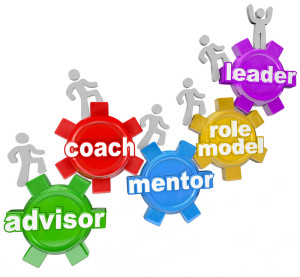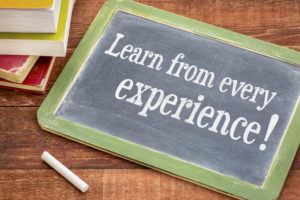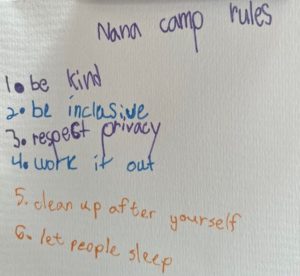We all can point to a few key people in our career who served as mentors. People who believed in us, encouraged us, and guided us when we needed it. For me, there is no question that John Glaser is one of those mentors.
those mentors.
I first met John when I attended the pre-cursor to CHIME’s CIO Boot Camp back in the early 1990s. John was one of the faculty members for the weeklong program. At the time he was CIO at Brigham and Women’s Hospital before it joined with Mass General to form Partners HealthCare (now called Mass General Brigham). I remember sitting next to him at lunch the day he spoke and having an engaging conversation.
I next met John in 1999 when I walked into his office to interview for the CIO position at Brigham and Women’s Hospital. John was then the CIO at Partners HealthCare which had formed in 1995. I recall that first awkward moment. I had just finished reading his first book, “The Strategic Application of Information Technology in Health Care Organizations”. I told him so along with the fact that we had met before at the boot camp. But then I said he probably meets a lot of people so why would he remember me. Awkward opening, right? He said he would be listening to not just what I said but how I said it as personality mattered. And so, the interview commenced……
Fast forward, I was hired and worked for and with John until 2010 when he left to become CEO for Siemens Health Services. For my generation of CIOs, John is a legend. I have learned so much from him over the years and appreciate the support and guidance he gave me, helping me to be successful as a CIO.
Fast forward again, John is what he calls small “r” retired though he appears to be quite busy teaching, writing, and serving on boards. He is Executive in Residence at Harvard Medical School and Program Director, Leading Digital Transformation in Health Care – continuing to teach next generation leaders. His newest book, “Advanced Introduction to Artificial Intelligence in Healthcare” co-authored with Thomas H. Davenport and Elizabeth Gardner was published in August.
John graciously agreed to let me interview him for the This Week Health Town Hall show on the Community Channel. We had a great time talking and covering some very relevant topics – the evolving role of the CIO, new digital advances in healthcare, Artificial Intelligence, and what small “r” retirement means and how to prepare for it. The interview was published this week – check it out here. You’ll learn from one of the best and probably have a few laughs.
Related Posts:
Inspiring and developing new leaders – learning from the best










